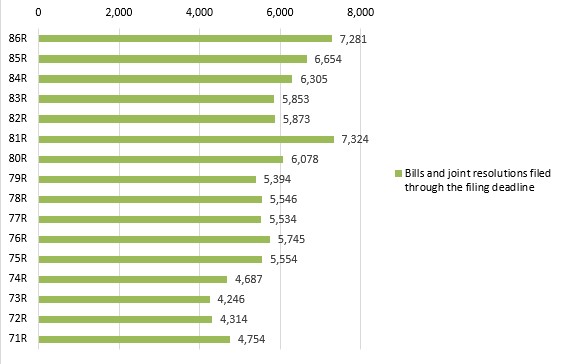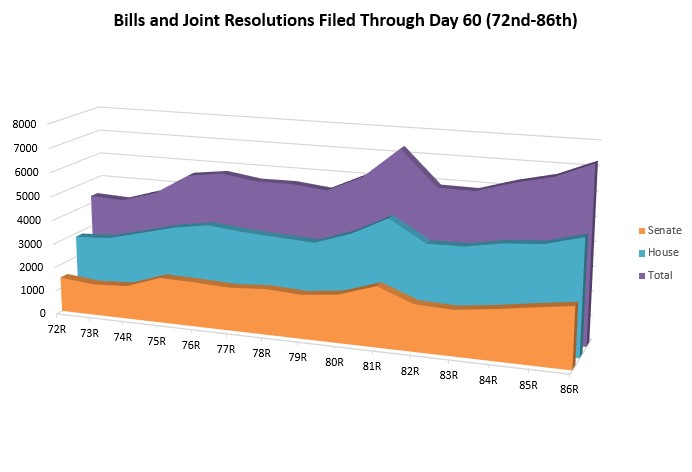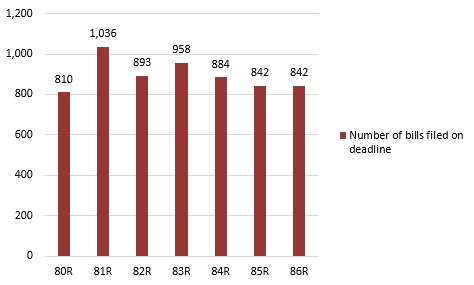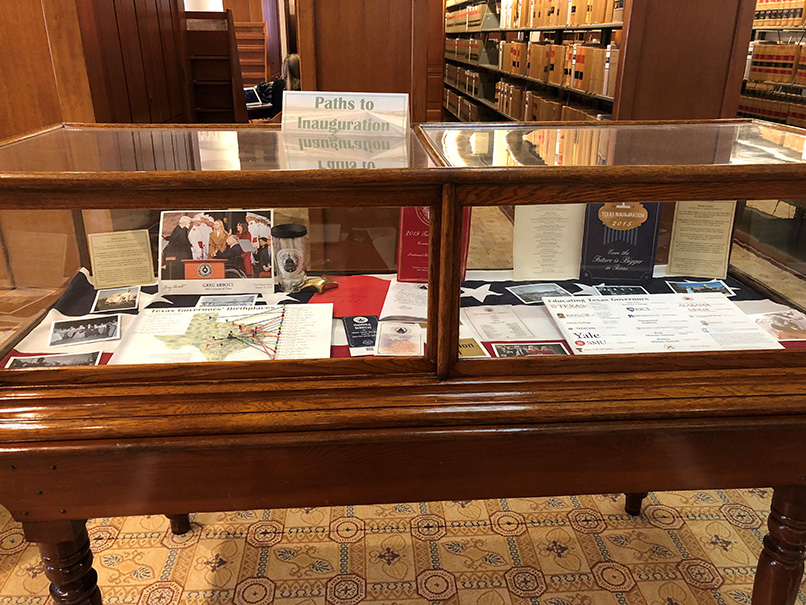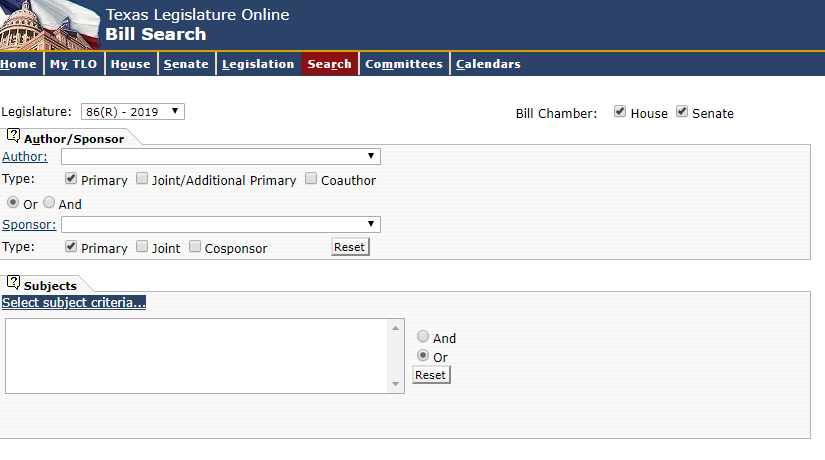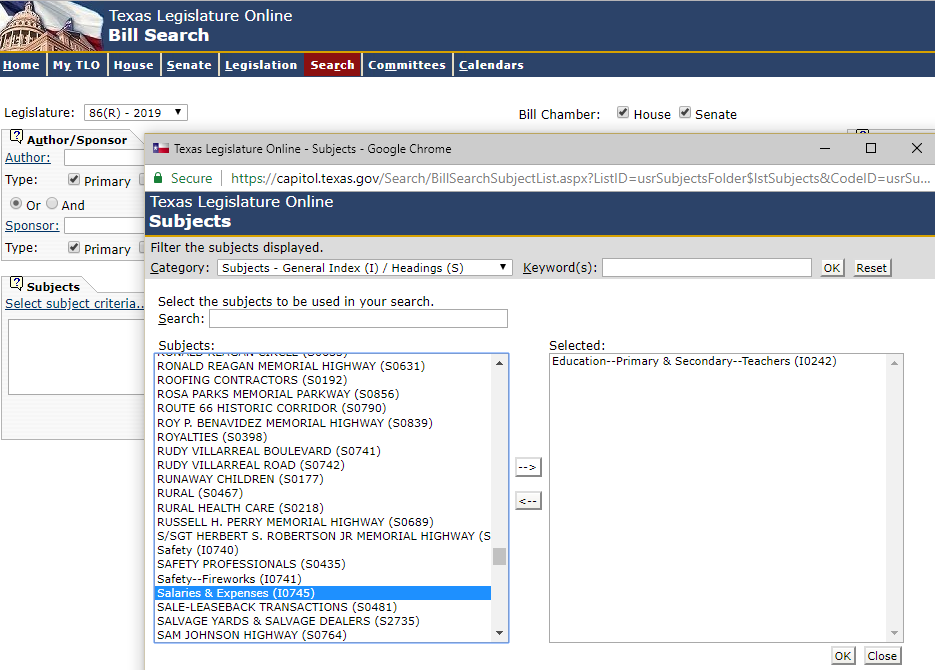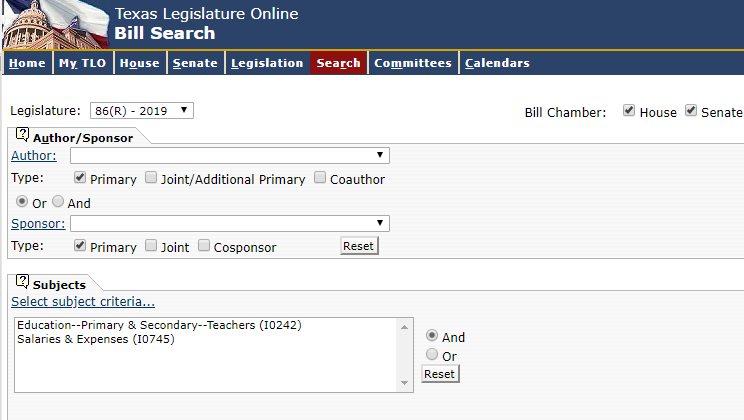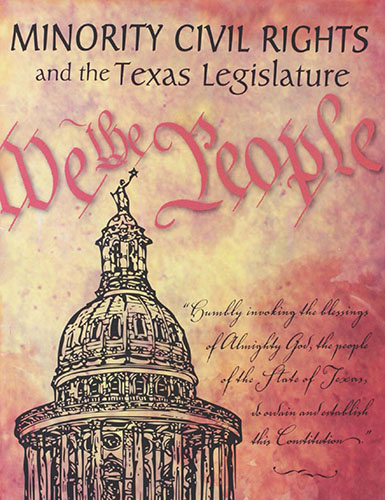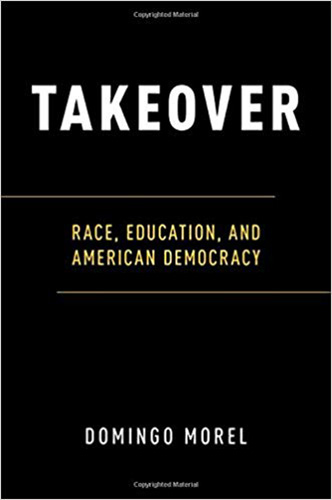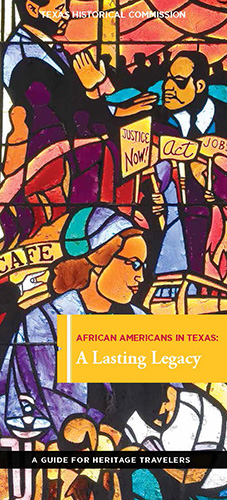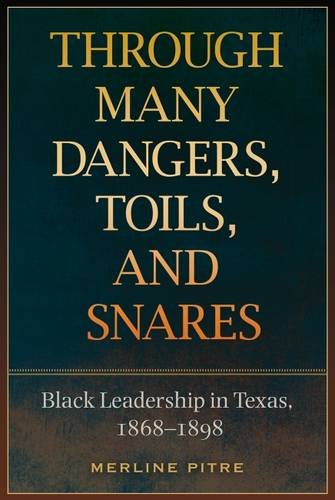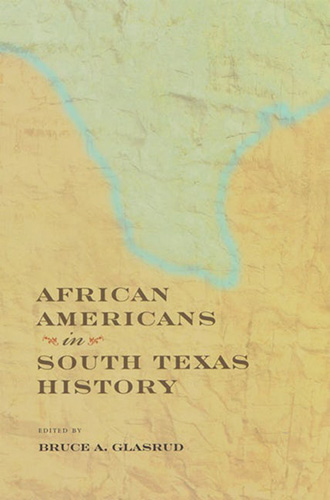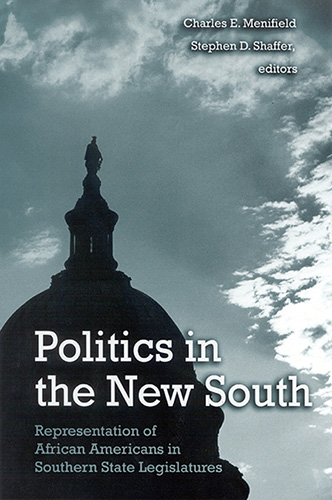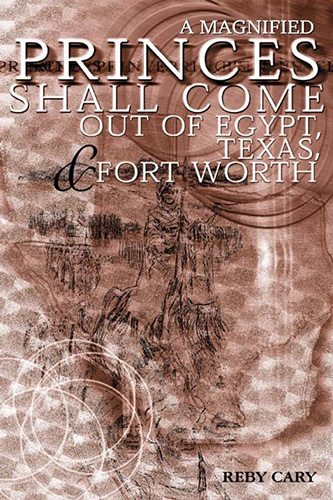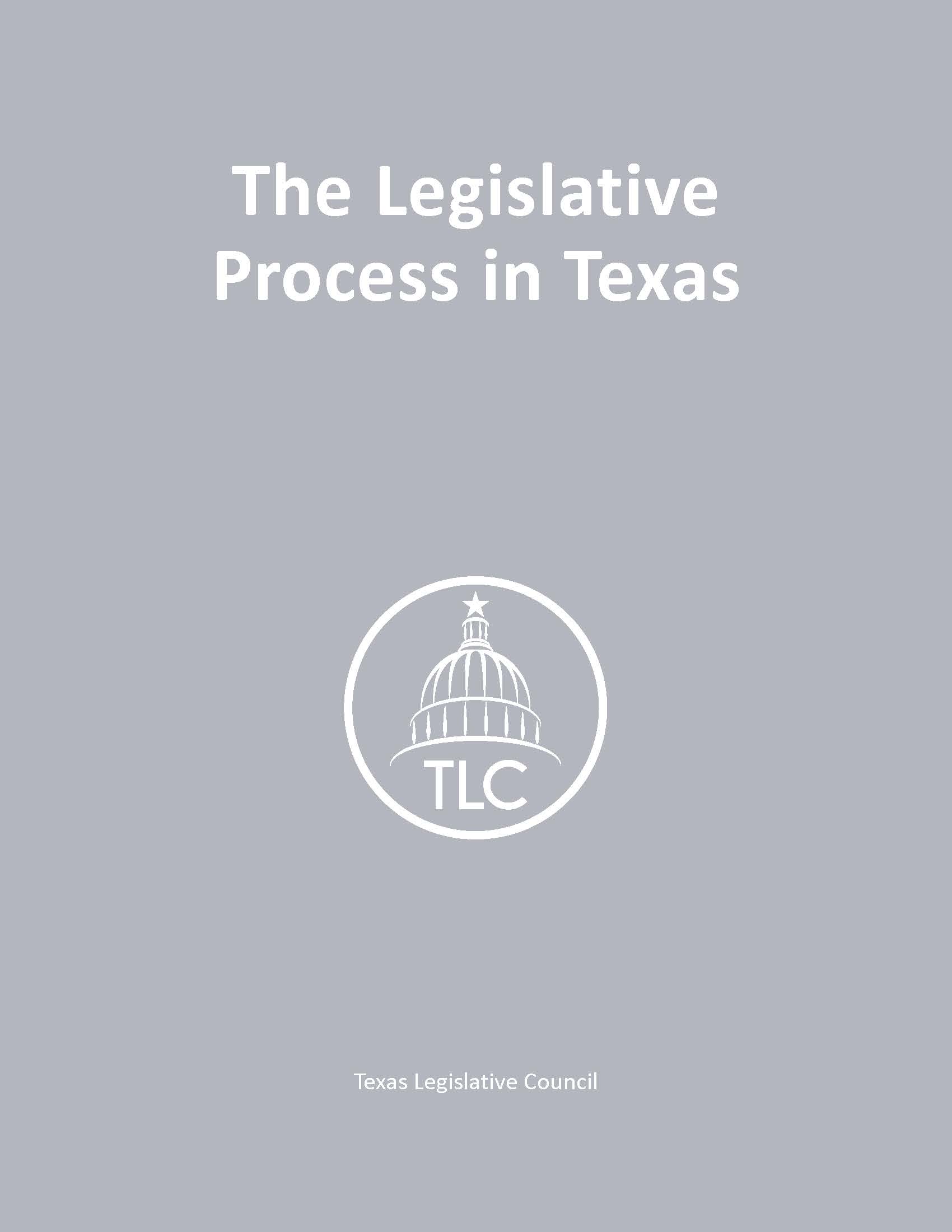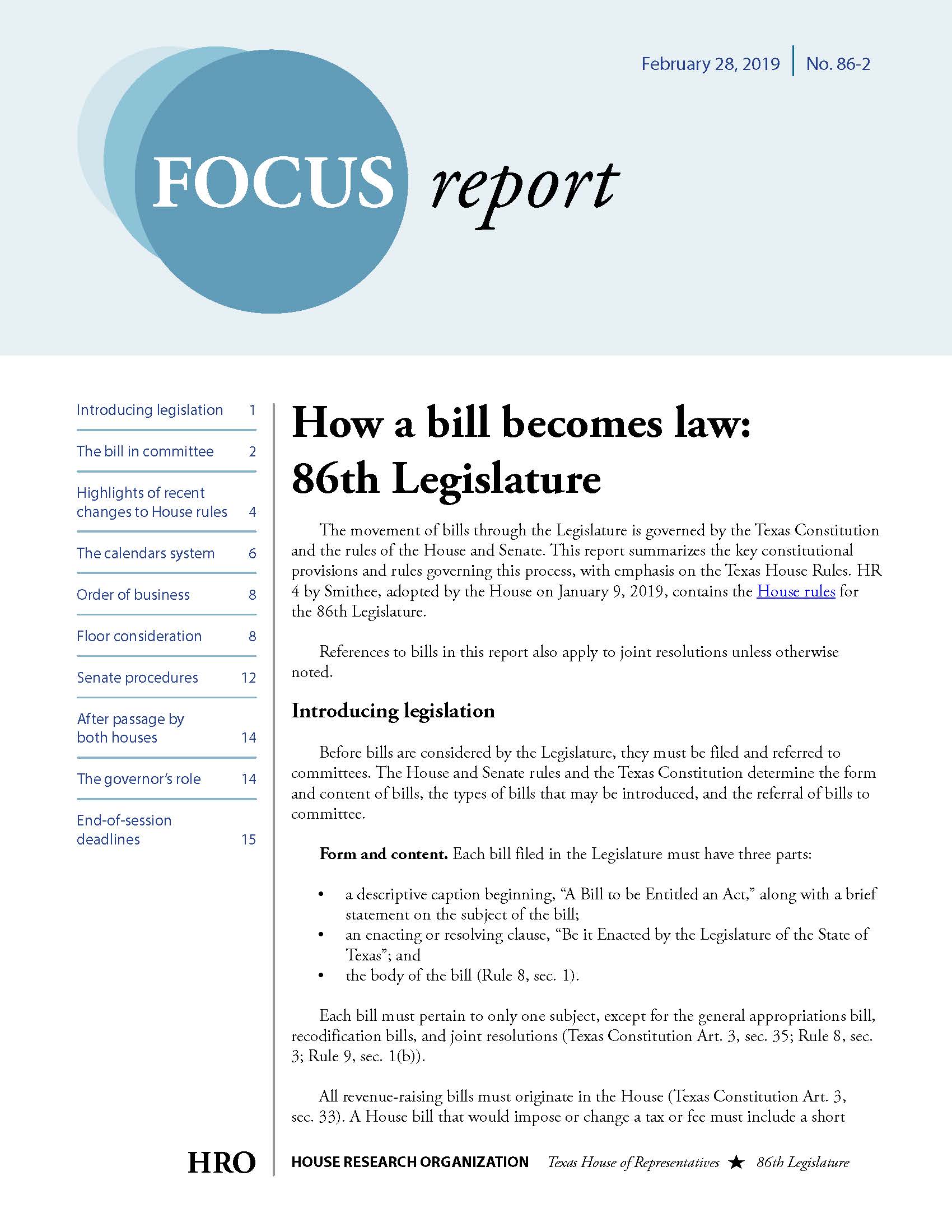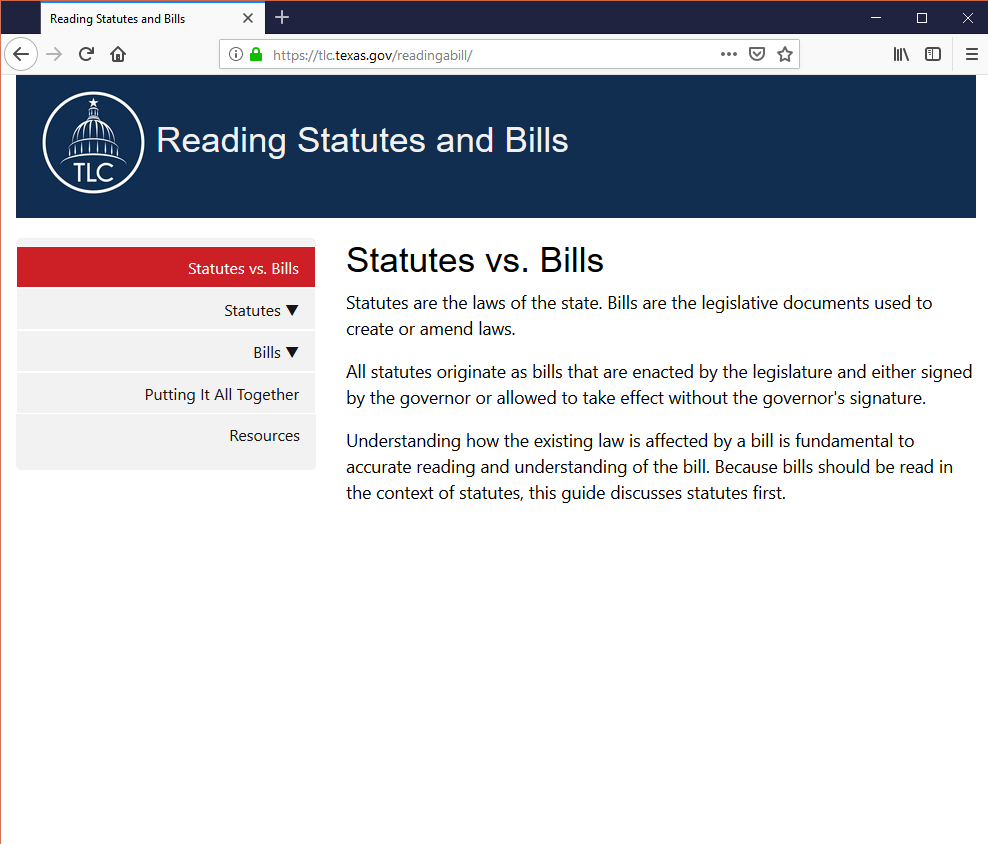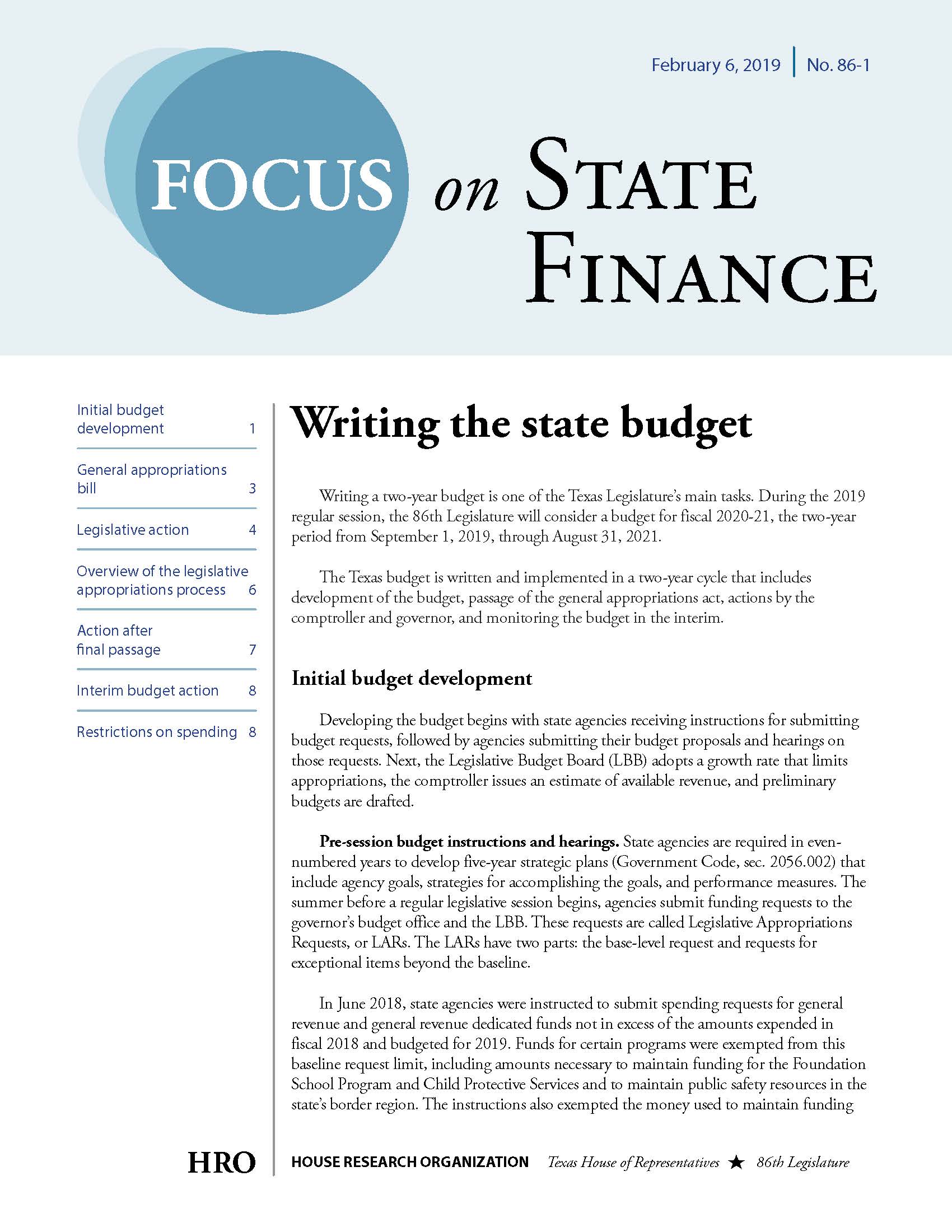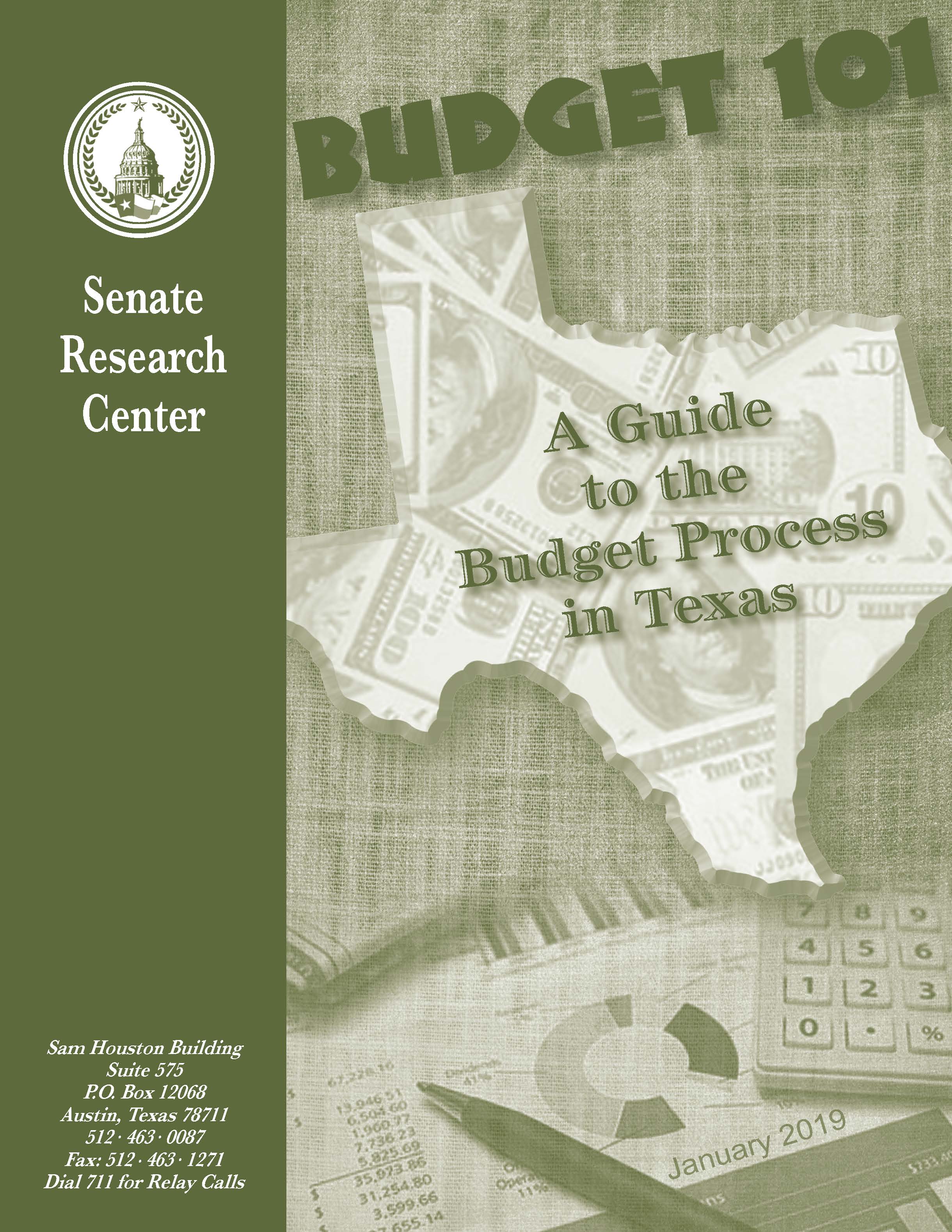In this weekly post, we feature helpful research tools and recent articles of interest to the legislative community.
- Read about the CDC's new study on e-scooter injuries. (CNBC, March 8, 2019)
- See which states have laws that address medical balance billing. (National Conference of State Legislatures, March 2019)
- Track Medicaid eligibility with a federal database for states offered by Centers for Medicare and Medicaid. (Council of State Governments, March 12, 2019)
- Consider differences between Medicare Fee-for-Service and Medicare Advantage. (The Manhattan Institute, February 28, 2019)
- "K-12 school funding up in most 2018 teacher-protest states, but still well below decade ago." By Michael Leachman and Eric Figueroa. Center on Budget and Policy Priorities, March 6, 2019, pp. 1-14.
Analyzes trends in state K-12 school finance and per pupil spending since the 2008 recession, including the effect of recent teacher protests in Arizona, North Carolina, Oklahoma, and West Virginia on school funding levels. Mentions Texas state formula funding per student is now 20 percent under 2008 levels, adjusted for inflation. - "State-level data for understanding child welfare in the United States: Child maltreatment, foster care, adoption from foster care, kinship caregiving: Texas state profiles." Child Trends, February 26, 2019, pp. 1-8.
Presents state and national data, including Texas state profiles, on child maltreatment, foster care, kinship caregiving, and adoption, for fiscal year 2017. - "Praying for sanity." By Rob Boston. Church & State, March 2019, pp. 11-12.
Addresses common myths about the role of prayer, Bible reading, and religion in public schools. - "Texas leaves $4B on the table every year because of this policy, study finds." By Evan Hoopfer. Dallas Business Journal, February 22, 2019, p. 23.
Highlights study produced for the Texas Association of Manufacturers that finds the state's aerospace and defense sectors could benefit economically if the Texas franchise tax is aligned with federal requirements in the Federal Acquisition Regulation. - "Medicine: A higher purpose." Economist, March 2nd-8th, 2019, pp. 47-48.
Examines the rising interest in the re-purposing of off-patent drugs. Considers whether the benefits outweigh high costs and regulatory obstacles. - "Social media and law enforcement — watching: The detectives." Economist, February 23rd-March 1st, 2019, pp. 28-29.
Examines how the police track what people say and do online. Raises privacy concerns. - "Rethinking the structure of teacher retirement benefits: Analyzing the preferences of entering teachers." By Josh B McGee and Marcus A. Winters. Educational Evaluation and Policy Analysis, March 2019, pp. 63-78.
Explores the differences between two types of defined benefit retirement plans for teachers. Presents evidence that teachers in New York City and Philadelphia prefer the cash balance plan [CB], an alternative model to the final average salary [FAS] plan, which most public school teachers participate in today. - "Jungle warfare – Amazon HQ2 disclosure fights and battle over tax transparency." Journal of MultiState Taxation and Incentives, March/April 2019, pp. 36-39.
Discusses the legal battles and transparency concerns about the state and local tax [SALT] incentive packages offered to Amazon for its second headquarters. Notes the Amazon HQ2 lottery has led to increased attention on corporate financial and tax incentives generally. Uses Kentucky as a recent example of tax transparency conflicts. - "The jail health-care crisis." By Steve Coll. New Yorker, March 4, 2019, pp. 28-37.
Considers the state of medical care for jail inmates and the increased use of for-profit companies to provide these services. Highlight's Texas' Sandra Bland Act as an example of reform in the care of the incarcerated. - "Side effects in education: Winners and losers in school voucher programs." By Yong Zhao. Phi Delta Kappan, February 2019, pp. 63-66.
Reviews studies analyzing the benefits of school choice initiatives. - "The wall won't end pot smuggling at the border. Legalization will." By David Bier. Reason, April 2019, pp. 22-29.
Argues smuggling of marijuana across the Mexican border has decreased due to legalization in the United States. Suggests the same principle should be applied to the illegal immigration problem.

